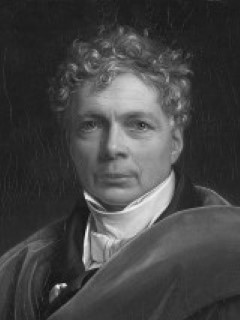
Publication details
Verlag: Springer
Ort: Berlin
Jahr: 2015
Pages: 79-99
Reihe: Boston Studies in the Philosophy and History of Science
ISBN (Hardback): 9783319143484
Volle Referenz:
, "The ethos of critique in German idealism", in: Objectivity in science, Berlin, Springer, 2015


The ethos of critique in German idealism
pp. 79-99
in: Flavia Padovani, Alan Richardson, Jonathan Y. Tsou (eds), Objectivity in science, Berlin, Springer, 2015Abstrakt
Daston and Galison argue that nineteenth-century scientists critiqued Kant's idealism for excessively valuing the self's contributions to epistemic claims. They contend that the modern notion of objectivity was defined, in part, as a reaction against the subjectivity of idealism. This paper examines the ethos of critique in idealism, and how it produced more nuanced views of the interrelationships of subjectivity and objectivity than nineteenth-century scientists allowed. Kant's Critique of Pure Reason introduced a tribunal for the investigation of reason's claims. The virtue Kant validated and valued was epistemic modesty, the restriction of human cognition to appearances. Fichte and Schelling began with a critique of Kant's critique, a meta-critique, which interrogated the assumptions underlying Kant's idealism. They emphasized how philosophical reflection introduced the possibility of free self-determination in thinking, while insisting on our limitations as finite beings in the world. They thus extended Kantian critique as an epistemic virtue.
Cited authors
Publication details
Verlag: Springer
Ort: Berlin
Jahr: 2015
Pages: 79-99
Reihe: Boston Studies in the Philosophy and History of Science
ISBN (Hardback): 9783319143484
Volle Referenz:
, "The ethos of critique in German idealism", in: Objectivity in science, Berlin, Springer, 2015



